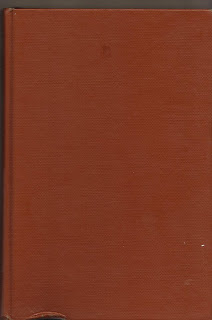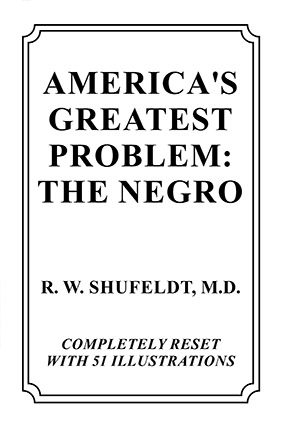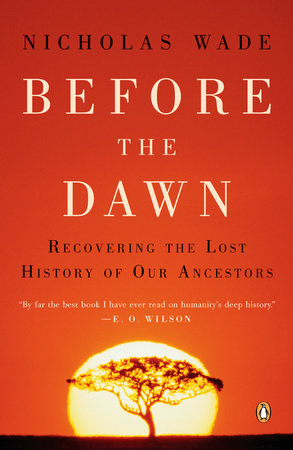Description
‘COLONIAL’ questions are becoming more and more important in international affairs. In many cases ‘anti-colonialism’ is merely a cover for intense racial feeling, a colour prejudice in reverse which reflects the resentment of the darker peoples against the past domination of the world by European nations. In all cases ‘anti-colonialism’ is based on emotion rather than on reason, on misconceptions instead of a correct appraisal of the facts, and a distinguished American jurist has pointed out that ‘we are flooded with vague concepts, like “sovereignty”, “democracy”, “rights of small nations”, “equality before the law”, put forward as though they had some definite content.’
In this country, which is responsible for so many dependent territories, there is very little knowledge of the colonies, and a lurking fear that there may be some truth in the allegations of colonial misrule and tyranny which are so freely levelled against us by foreign critics. We are, indeed, beginning to be a little ashamed of our position as a colonial Power and inclined to pay undue attention to the self-righteous attitude of other nations.
In point of fact our colonial record, though far from spotless, is much better than is generally allowed, and the subject peoples of the British Empire have greater liberty and better conditions of living than many of the inhabitants of independent countries. It is significant that the severest criticism of ‘colonialism’ come from the representatives of nations whose treatment of indigenous peoples is deplorable, and whose governments are the most notorious for tyranny, inefficiency or corruption. Those nations which have stable governments and all of whose peoples enjoy personal liberty and equal treatment, are seldom critical of others. They have no need for a smoke-screen to cover their own shortcomings.






Reviews
There are no reviews yet.